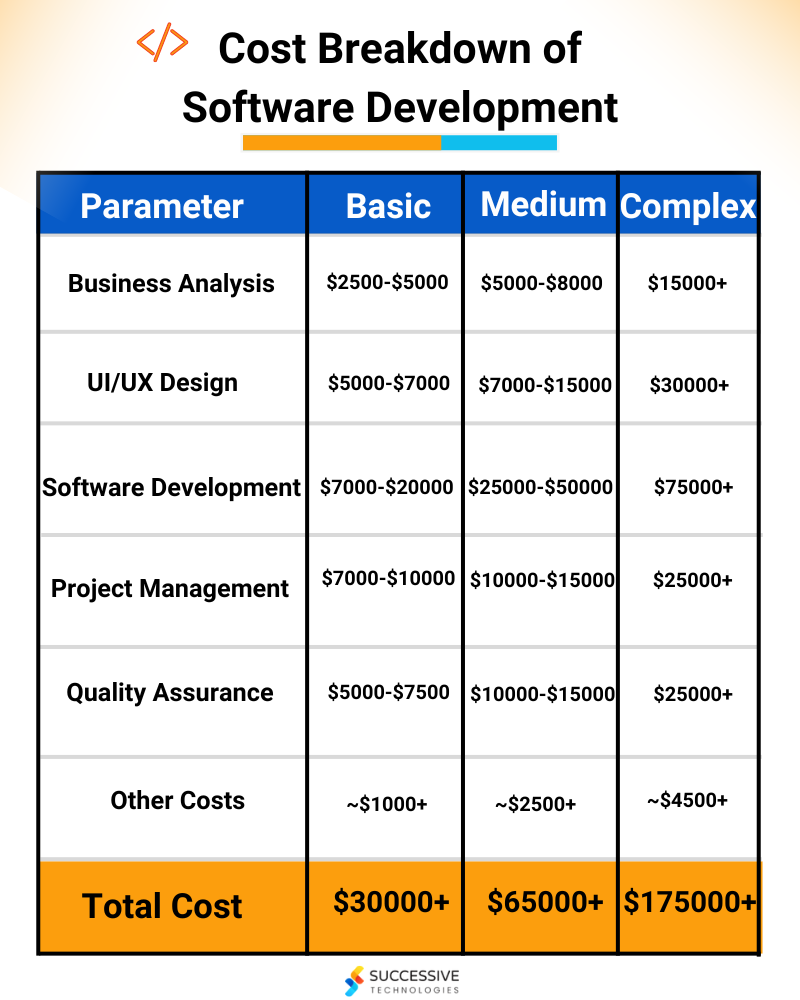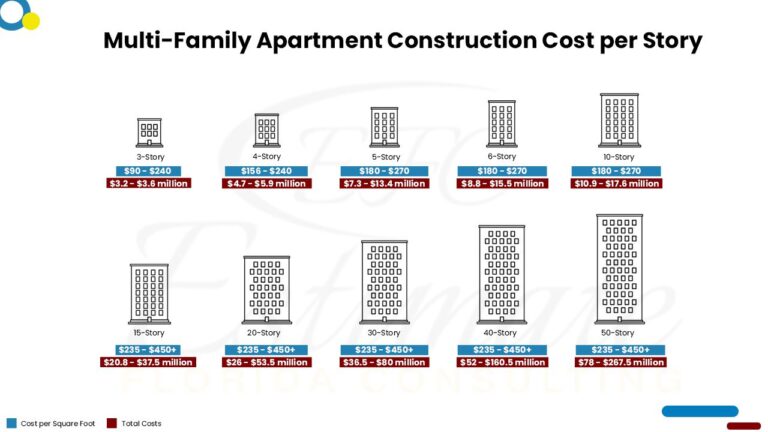How Much Does It Cost To Build A Company

Launching a new business is a thrilling venture, but one fundamental question looms large: how much will it cost? The answer, unfortunately, is far from simple, varying drastically based on industry, scale, and location. While a precise figure is elusive, understanding the key cost components and typical ranges can provide aspiring entrepreneurs with a crucial financial roadmap.
This article delves into the diverse factors influencing startup costs, examining data from industry reports and expert insights to offer a comprehensive overview. It aims to equip readers with the knowledge to estimate their own startup expenses and make informed financial decisions. Understanding these initial costs is essential for securing funding, managing resources effectively, and ultimately, achieving long-term business success.
Factors Influencing Startup Costs
The costs associated with building a company are incredibly variable. It depends heavily on the type of business being established.
A software startup, for instance, might have minimal overhead but significant development expenses. In contrast, a manufacturing firm could face substantial capital expenditures for equipment and facilities. Location is another significant determinant, with major metropolitan areas generally incurring higher costs for rent, salaries, and permits.
Industry-Specific Variations
According to a 2023 report by the Small Business Administration (SBA), the median startup cost for a new business is around $30,000. However, this figure masks substantial industry-specific variations.
For example, opening a restaurant can easily exceed $100,000 due to kitchen equipment, permits, and inventory. Conversely, a freelance writing business might require only a computer, internet access, and some marketing materials, potentially costing less than $5,000.
Key Cost Components
Several core components contribute to overall startup expenses. These include legal and regulatory fees, which cover business registration, licenses, and permits.
Another essential expense is office space or facilities. This could range from renting a coworking space to leasing a large warehouse. Equipment and technology, depending on the nature of the business, can represent a significant investment, encompassing everything from computers and software to specialized machinery.
Marketing and advertising are crucial for reaching potential customers and building brand awareness. Initial inventory and supplies are necessary for businesses that sell physical products.
Finally, salaries and wages for employees, including the owner's salary, must be factored into the budget.
Funding Sources and Strategies
Understanding the costs involved is the first step, securing funding is the next. Many entrepreneurs rely on personal savings or loans from family and friends.
Small business loans from banks and credit unions are a common source of capital. Venture capital funding is typically reserved for high-growth potential startups. Angel investors can also provide capital in exchange for equity.
Crowdfunding platforms have emerged as a popular way to raise funds from a large number of individuals.
"A well-defined budget and a clear understanding of your startup costs are critical for attracting investors and securing funding," says Maria Rodriguez, a business consultant at Startup Advisors Inc.
Human Interest Angle: The Bootstrap Entrepreneur
Consider the story of David Lee, who launched his online tutoring business with just $500. He leveraged free online resources, built a basic website himself, and marketed his services through social media.
By keeping his initial costs extremely low, David was able to bootstrap his business and reinvest profits back into growth. His story exemplifies how resourcefulness and creativity can overcome financial limitations in the early stages of entrepreneurship.
The Long-Term Impact
Accurately estimating startup costs isn't just about the initial investment. It's crucial for long-term financial planning and sustainability.
Underestimating expenses can lead to cash flow problems, difficulty securing additional funding, and even business failure. Conversely, overestimating costs can discourage potential entrepreneurs from pursuing their dreams. By conducting thorough research, developing a detailed budget, and seeking expert advice, aspiring business owners can navigate the financial challenges of launching a new company and increase their chances of success.
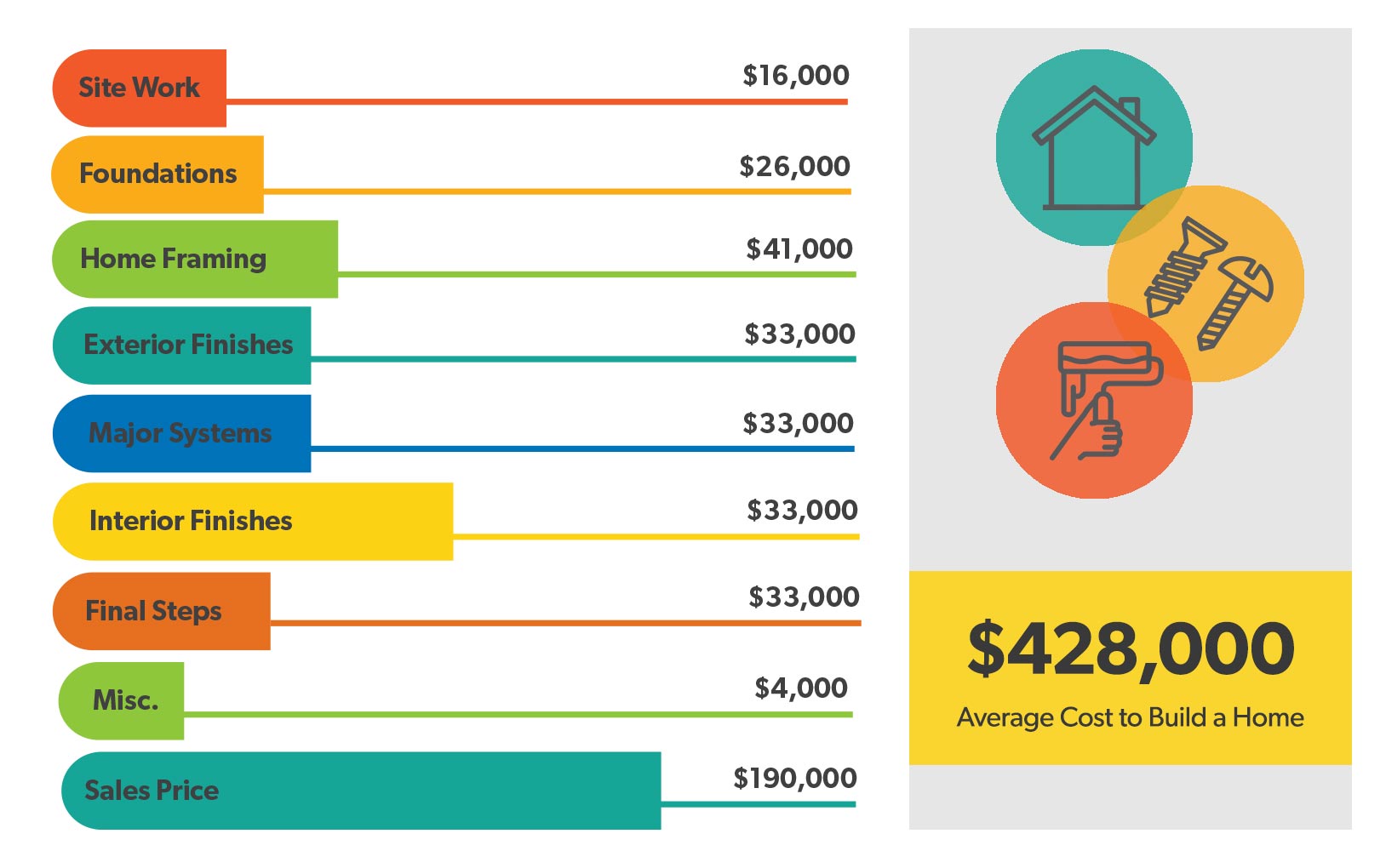
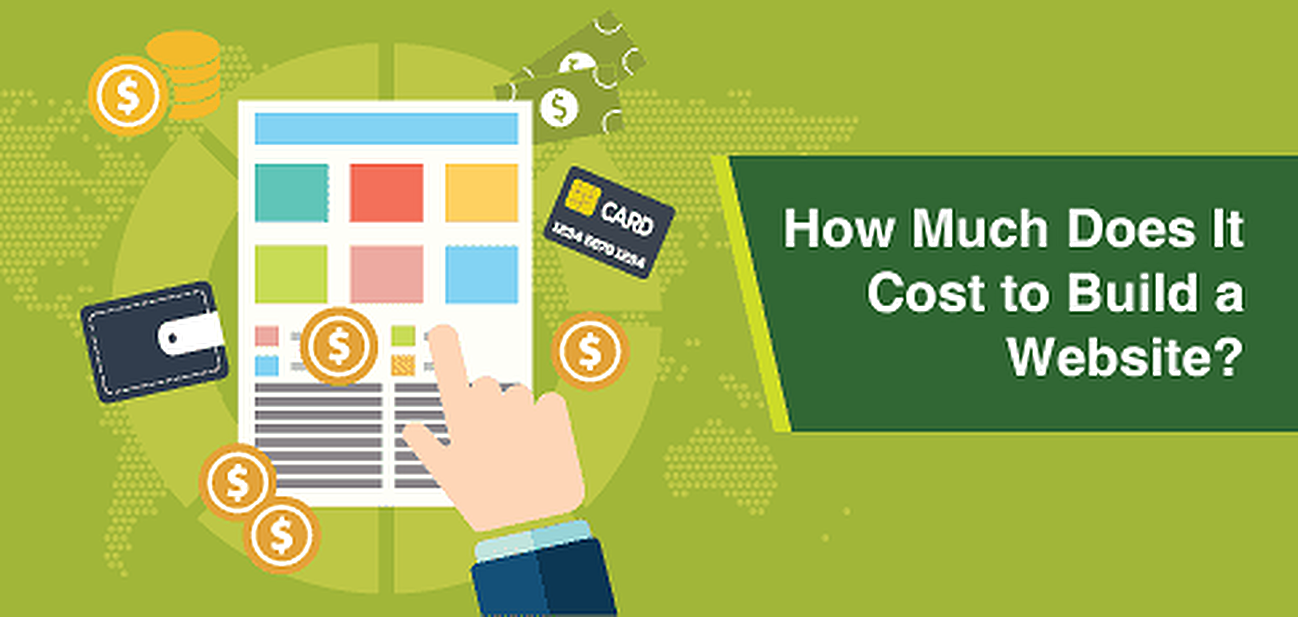
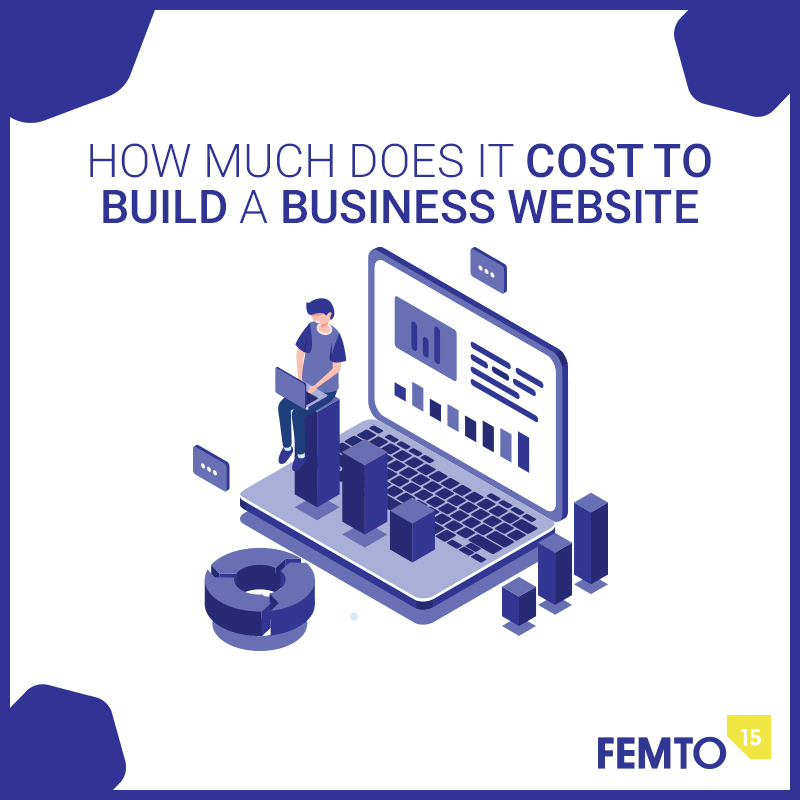


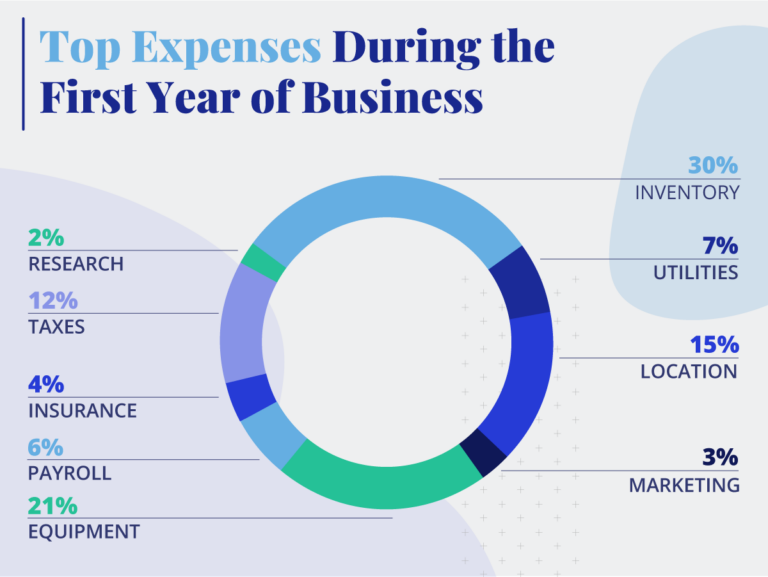
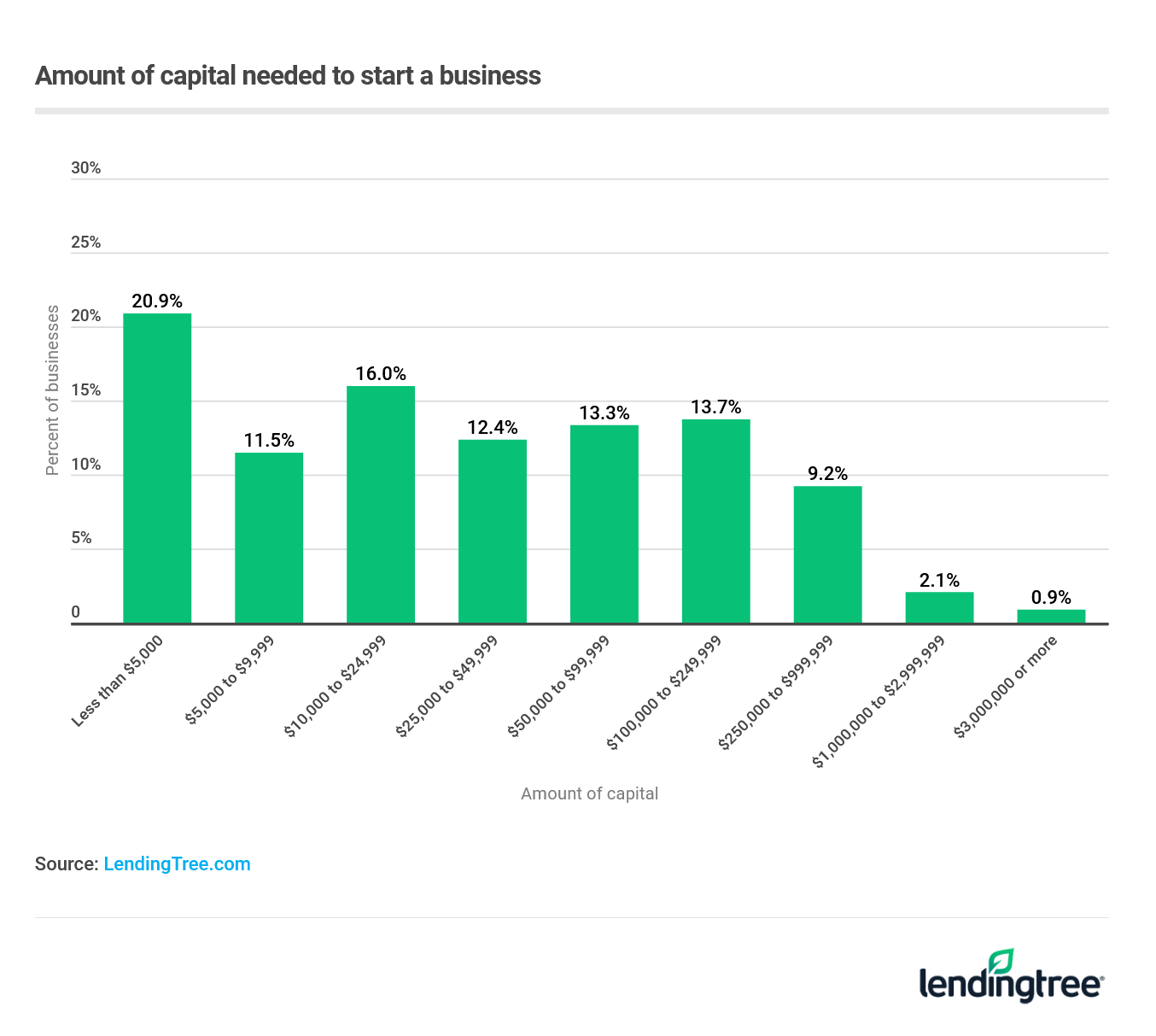
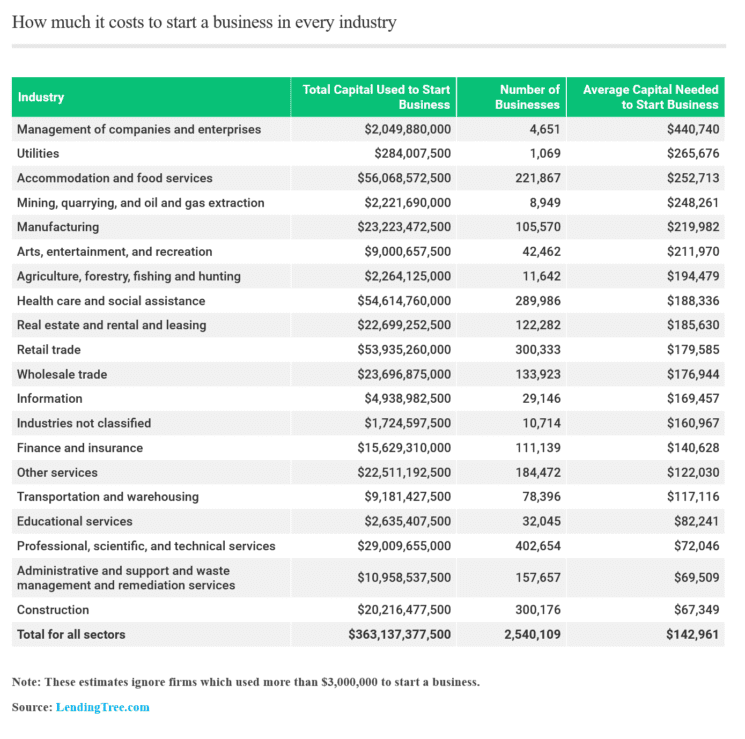
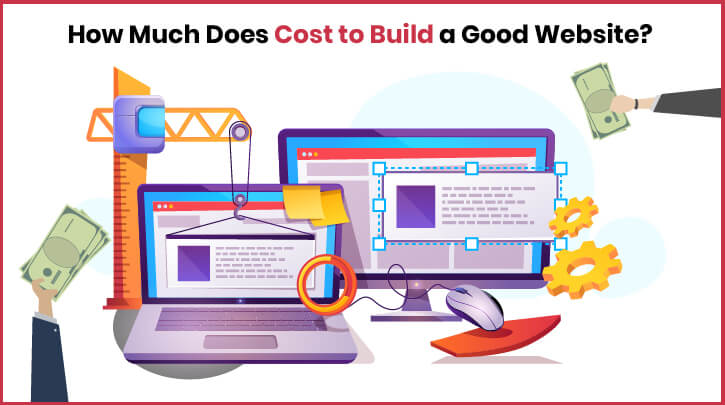
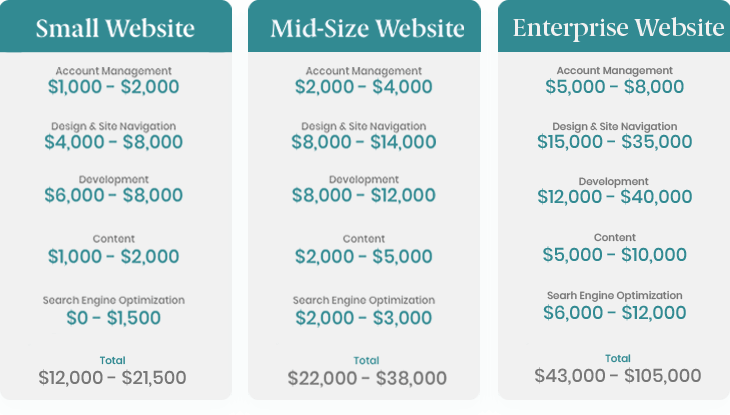
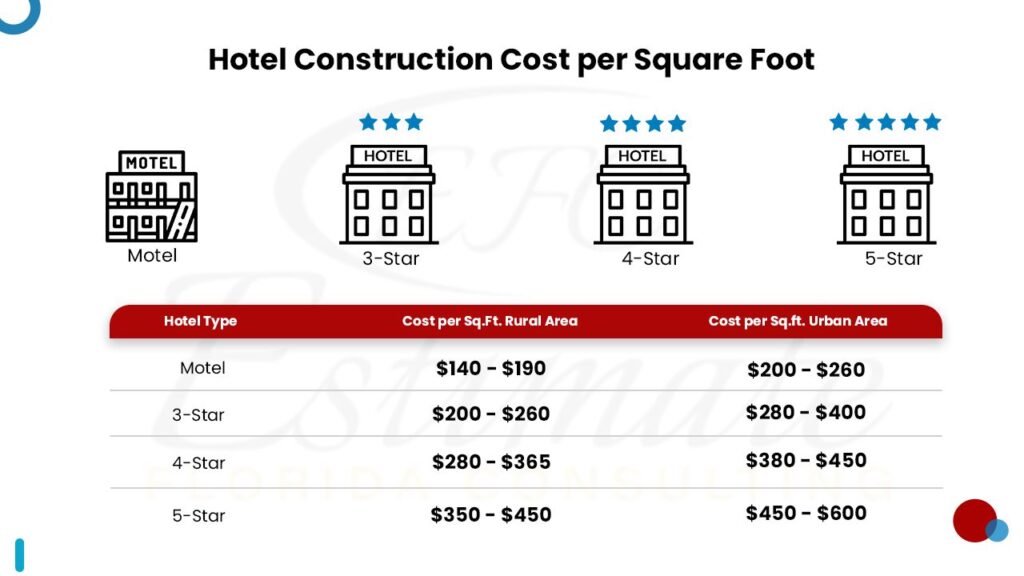
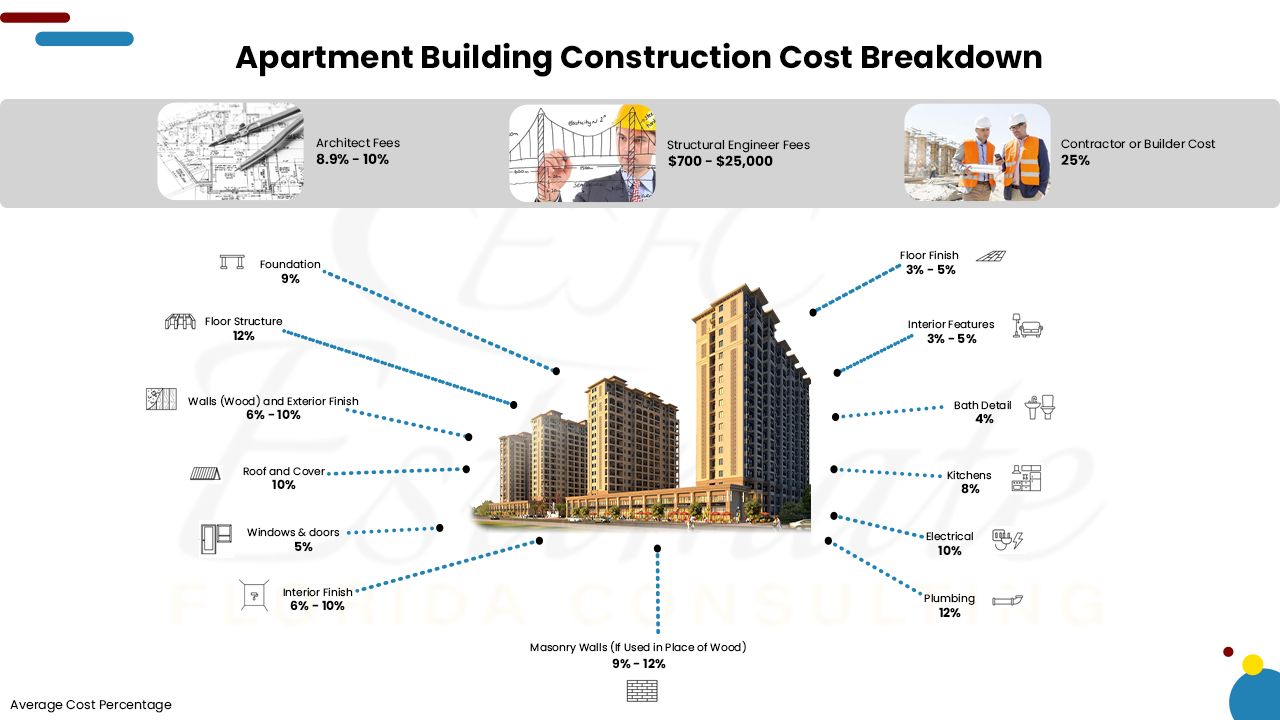


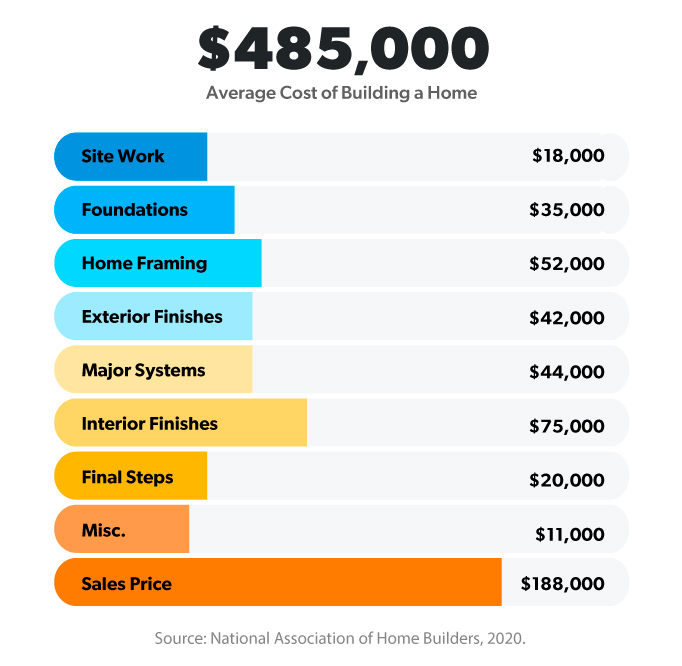
/filters:quality(80)/2021-05-19-Average-Costs-to-Build-a-House.png)
